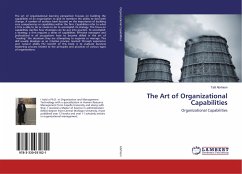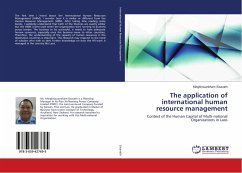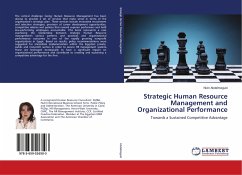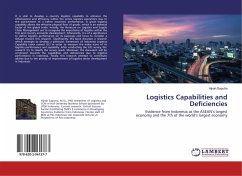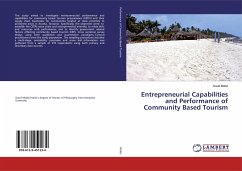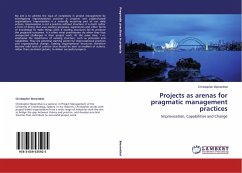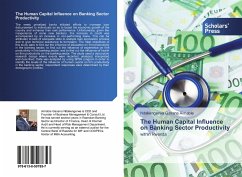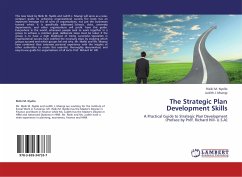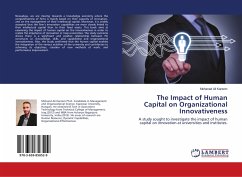
The Impact of Human Capital on Organizational Innovativeness¿
A study sought to investigate the impact of human capital on innovation at universities and institutes.
Versandkostenfrei!
Versandfertig in 6-10 Tagen
27,99 €
inkl. MwSt.

PAYBACK Punkte
14 °P sammeln!
Nowadays, we are moving towards a knowledge economy where the competitiveness of firms is mainly based on their capacity of innovation, and on the management of their intellectual capital. Moreover, it is widely accepted that the firm's innovation capabilities are more closely linked to their intellectual capital than to their fixed assets. This book aims at examining the impact of human capital on the innovativeness in order to realize the impotence of innovation in Iraqi universities. The study outcome shows there is a significant and positive relationship between HC constructs i.e. (knowled...
Nowadays, we are moving towards a knowledge economy where the competitiveness of firms is mainly based on their capacity of innovation, and on the management of their intellectual capital. Moreover, it is widely accepted that the firm's innovation capabilities are more closely linked to their intellectual capital than to their fixed assets. This book aims at examining the impact of human capital on the innovativeness in order to realize the impotence of innovation in Iraqi universities. The study outcome shows there is a significant and positive relationship between HC constructs i.e. (knowledge, skills, and capabilities) and organizational innovativeness. Also, the study confirmed that the human capital enables the integration of the various activities of the university and contributes to achieving its objectives, creation of new methods of work, and performance improvement .



